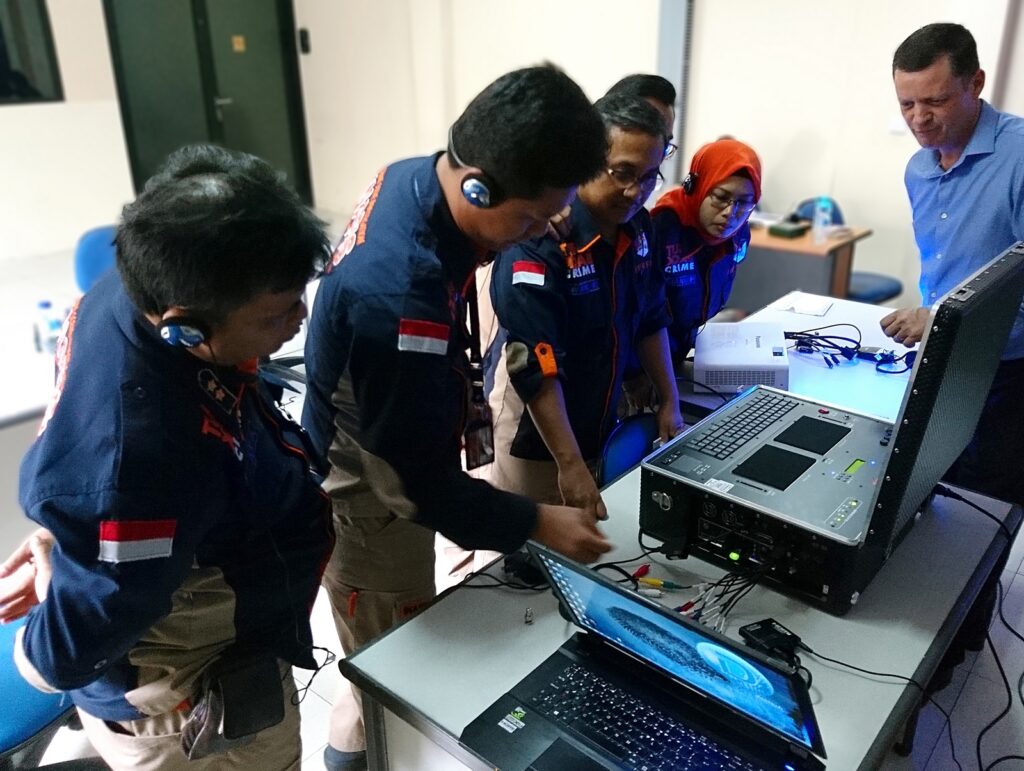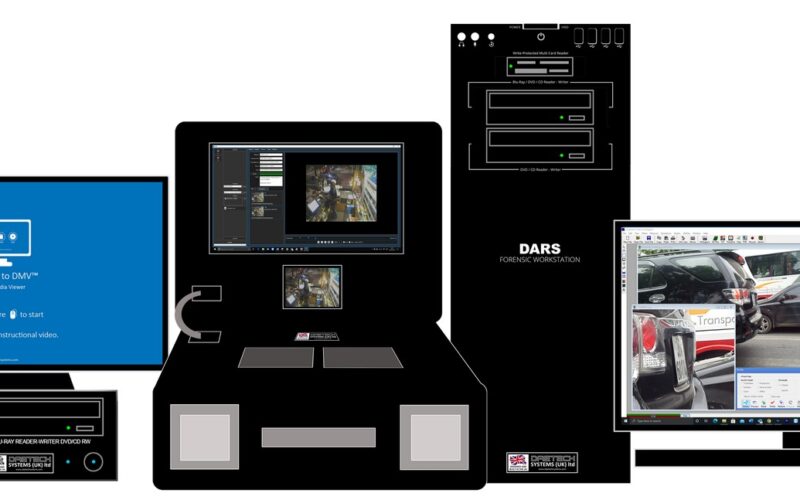The need for forensic analysis and investigation software has become paramount in law enforcement, military operations, public safety, and government agencies. With the surge in digital transactions, communications, and interactions, the scope and complexity of crimes have expanded into the digital domain. As a result, traditional investigative methods have evolved, giving rise to sophisticated digital forensic techniques supported by cutting-edge software solutions.
Understanding Forensic Analysis and Investigation Software
Forensic analysis and investigation software are pivotal tools utilized by various agencies to retrieve, process, and analyze digital evidence. These solutions are tailored to meet the specific operational and environmental requirements of law enforcement, military, and government entities. They play a crucial role in the investigation and prosecution of crimes, ranging from cybercrimes to terrorism-related activities.
Bespoke Solutions for Specialized Needs
The landscape of criminal activities is diverse, requiring forensic software solutions that can adapt to unique challenges and scenarios. Companies involved in this sector adhere to a philosophy of collaboration with clients, offering bespoke solutions designed to align with agency specifications. These solutions are not one-size-fits-all but are meticulously crafted to meet the demanding specialist needs of law enforcement, military, and government agencies worldwide.
The Role of Research and Development
Continuous innovation is at the heart of forensic analysis and investigation software. Companies invest significantly in research and development (R&D) projects aimed at enhancing technology and services in the fight against crime and terrorism. This commitment to innovation ensures that the portfolio of products and solutions remains dynamic and responsive to emerging technological trends and evolving criminal methodologies.
Collaborative Approach with Clients
The symbiotic relationship between software developers and end-users is instrumental in driving advancements in forensic technology. By working closely with clients, developers gain invaluable insights into the real-world challenges faced by investigators. This collaboration facilitates the customization of software solutions to address specific operational requirements and enhance investigative capabilities.
Key Features of Forensic Analysis Software
Forensic analysis software encompasses a wide range of features tailored to facilitate digital evidence retrieval, processing, and analysis. These features are essential for conducting thorough investigations and presenting compelling evidence in legal proceedings. Some key features include:
- Data Acquisition: Forensic software enables the acquisition of digital evidence from various sources, including computers, mobile devices, and cloud storage.
- Evidence Processing: Once acquired, the software processes the raw data, extracting relevant information while preserving the integrity of the evidence.
- Data Analysis: Sophisticated algorithms and analytical tools allow investigators to analyze digital artifacts, identify patterns, and uncover insights crucial to the investigation.
- Metadata Examination: Forensic software scrutinizes metadata associated with digital files, providing valuable context and corroborating evidence.
- Reporting and Presentation: The software facilitates the creation of comprehensive reports and presentations, summarizing findings and supporting conclusions with clear and concise visuals.
Emerging Trends in Forensic Technology
The field of digital forensics is constantly evolving, driven by advancements in technology and changes in criminal behavior. Several trends are shaping the landscape of forensic analysis and investigation software:
Cloud Forensics
With the proliferation of cloud computing services, investigators must adapt their techniques to retrieve and analyze data stored in the cloud. Cloud forensics solutions are emerging to address this challenge, providing specialized tools for investigating digital evidence across cloud platforms.

Mobile Device Forensics
Mobile devices have become integral to modern life, serving as repositories of valuable digital evidence. Forensic software tailored for mobile device analysis is essential for extracting, decoding, and analyzing data from smartphones and tablets.
Conclusion
Forensic analysis and investigation software play a pivotal role in modern law enforcement, military operations, public safety, and government agencies. By providing bespoke solutions tailored to client’s unique needs, companies in this sector contribute significantly to the fight against crime and terrorism. Through continuous research and development efforts, coupled with collaborative partnerships with end-users, forensic technology continues to evolve, enabling investigators to stay ahead of emerging threats in the digital landscape.





